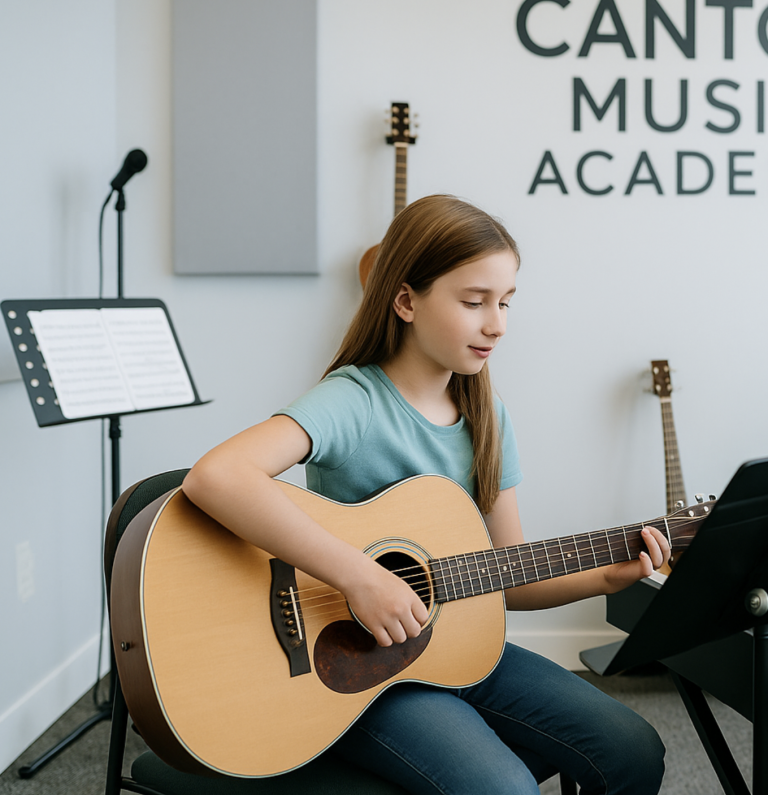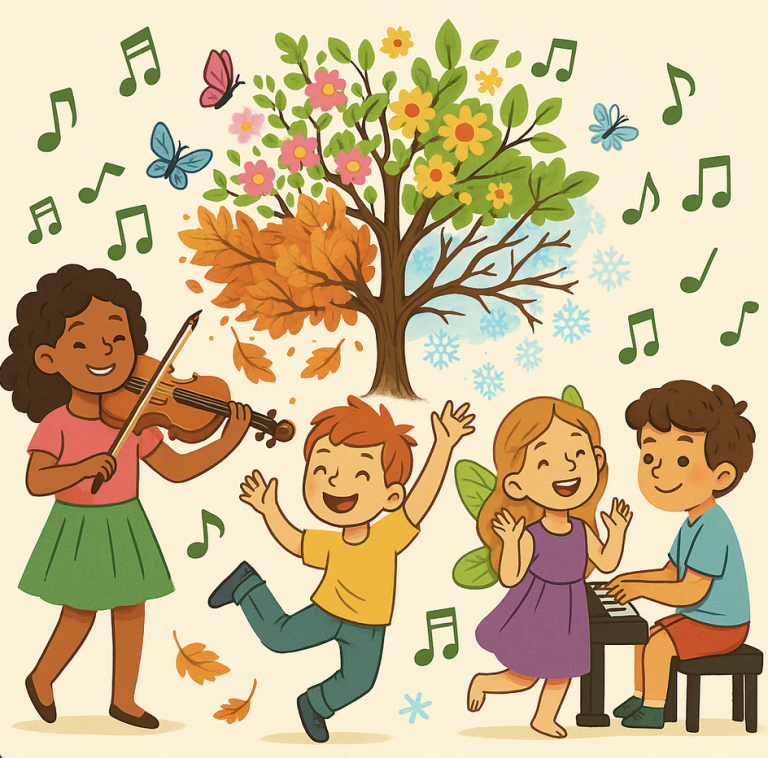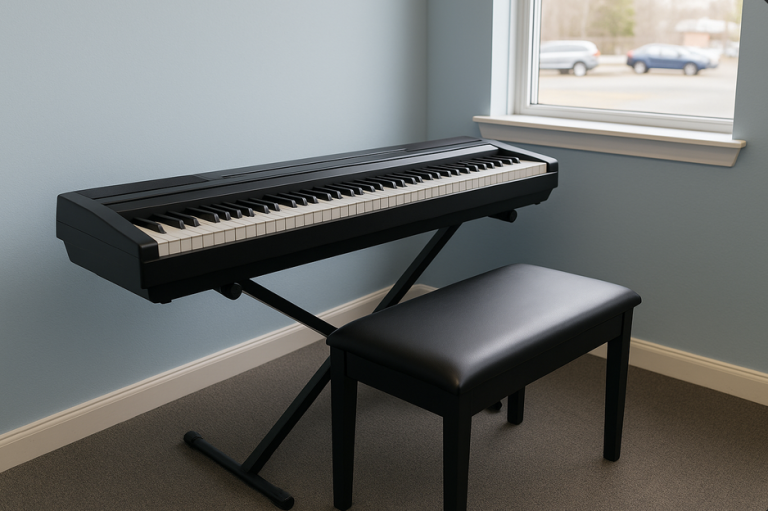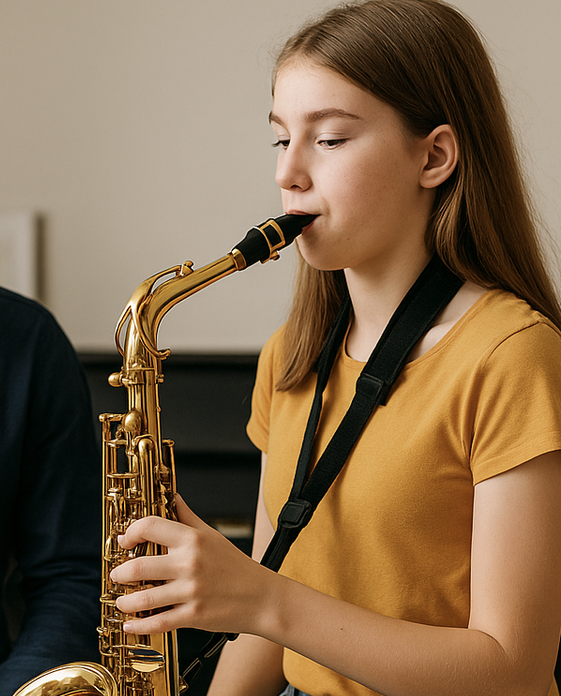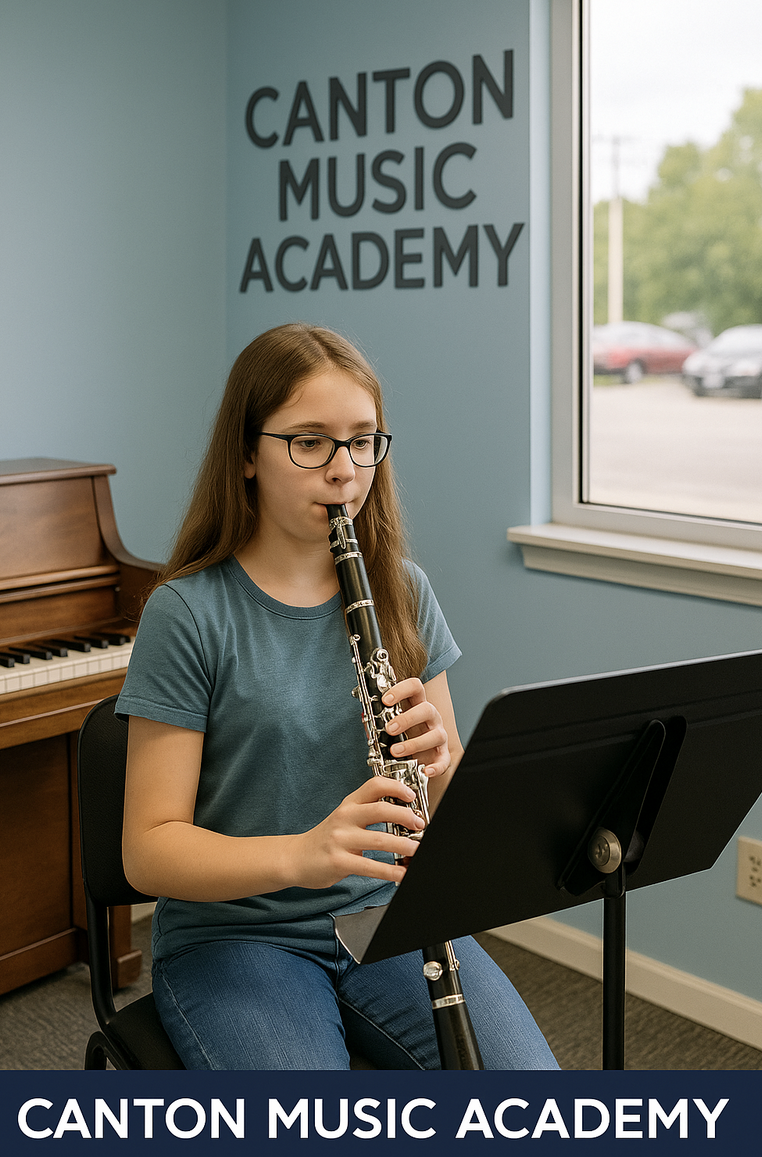Piano Lessons in Canton are a Brilliant Investment for Your Child’s Future
Kids Piano Lessons Canton
Learning piano is more than a hobby—it’s a stepping stone to cognitive development, creativity, and self-discipline. At the heart of this musical transformation in Michigan is Canton Music Academy, offering exceptional kids piano lessons in Canton. Through personalized instruction and a nurturing environment, young learners discover not just the mechanics of piano but a lifelong love of music.
Why Piano Lessons for Kids Matter
Parents often wonder if enrolling their children in piano lessons is worth it. The short answer: absolutely. Music has been shown to stimulate brain development, improve emotional intelligence, and enhance academic performance. The piano, in particular, is a comprehensive instrument that helps kids build coordination, memory, and a deep understanding of rhythm and harmony.
Beyond academics, piano lessons help children manage stress, express themselves, and develop perseverance. The emotional resilience gained from learning an instrument like piano will echo throughout a child’s life.
Exploring the Psychological Benefits of Music
When children learn to play the piano, they’re not only engaging their fingers and ears but also activating brain centers linked to memory and emotion. As a result, they often display greater patience, attention to detail, and emotional regulation. These are key life skills that help children thrive in both school and social situations.
Understanding Kids Piano Lessons Canton Offers
Canton Music Academy primarily offers private piano lessons customized for each child’s needs. However, for those interested in collaborative learning, group lessons are also available upon request. This flexible approach ensures that every child finds their best path forward, whether through one-on-one sessions or shared musical journeys.
Benefits of Piano Lessons for Children
Piano lessons provide far-reaching benefits:
- Cognitive Growth: Engaging with music enhances brain function, especially in areas related to math and language.
- Motor Skills: Hand-eye coordination and finger dexterity improve through consistent practice.
- Discipline: Regular practice builds patience and persistence.
- Confidence: Mastering new songs and performing boosts self-esteem.
About Canton Music Academy
Located in the heart of Canton, this music academy is a trusted name for nurturing young musical minds. The academy features eight professionally-equipped studios, each filled with high-quality instruments including pianos, guitars, and drums. The learning environment is vibrant and inspiring, filled with instructors who treat music as more than a job—it’s their passion.
Why Choose Canton for Music Education
Canton is a thriving community that values arts and education. With easy access, a supportive atmosphere, and strong local programs, it’s a perfect place for families seeking quality piano lessons. The city’s dedication to cultural development complements the Academy’s goals.
Types of Piano Lessons Offered
- Private Lessons (most popular)
- Customized Group Lessons (upon request)
- Trial Lessons (based on instructor availability)
Each lesson is held weekly, with 30, 45, or 60-minute options. For kids under 10, the 30-minute session is generally most suitable.
Age to Start Piano Lessons
Some teachers at Canton Music Academy begin working with students as young as four years old. At this stage, lessons focus on musical exploration, basic rhythm, and finger movement.
Choosing the Right Piano Teacher
All instructors at the academy are college-educated professionals, many with degrees in music. Piano isn’t their side gig—it’s their calling. This means your child will be mentored by someone who is both technically proficient and deeply invested in teaching.
What to Expect in the First Lesson
A child’s first piano lesson typically includes:
- Introduction to piano keys
- Simple rhythms and finger exercises
- A light, playful approach to music basics
Parents are welcome to sit in and observe the lesson, making the experience more comfortable for beginners.
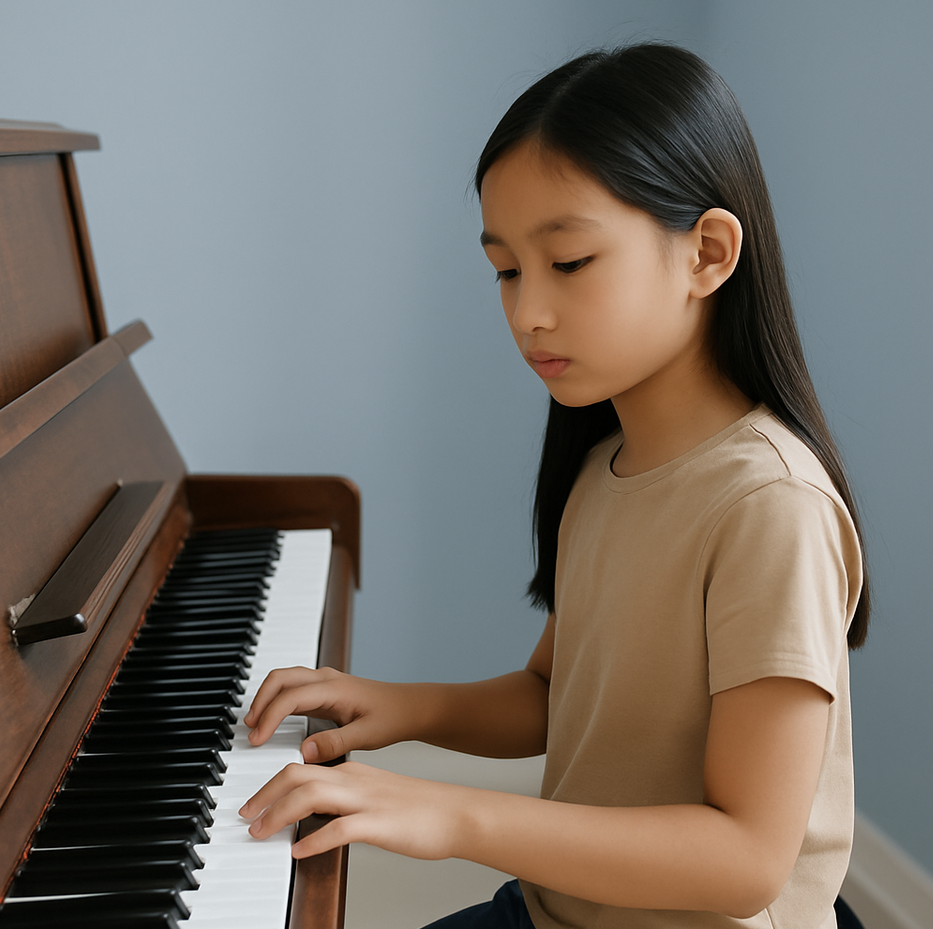
Teaching Methods Used
Teachers use a blend of renowned piano methods:
- Suzuki Method
- Alfred’s Basic Piano Library
- Faber & Faber
- Kodály Techniques
This diversity allows instructors to choose the most effective style for each student.
Piano Techniques for Beginners
Beginners learn:
- Proper hand posture
- Note identification
- Simple songs to build confidence
- Basic music theory and rhythm counting
All lessons balance technical development with fun, ensuring students stay motivated.
Practice at Home
Consistent home practice is key. Instructors often recommend:
- A digital or acoustic piano at home
- Short, daily practice sessions (10–20 mins)
- Positive reinforcement over criticism
The Academy also provides practice logs and digital tools to support at-home learning.
Role of Parents in Kids Piano Lessons Canton
Parents are not just bystanders. Your encouragement at home plays a massive role in your child’s success. From reminding them to practice to attending recitals, your involvement keeps motivation high.
Musical Progression
Every child’s progress is unique, but generally:
- Within 3 months: basic songs and rhythm
- Within 6 months: reading sheet music
- After 1 year: participation in recitals
Progress is celebrated and never rushed.
Learning to Read Music
Reading sheet music is a central skill. Students begin by learning:
- Treble and bass clefs
- Note values
- Simple sight-reading
Flashcards, games, and visual aids make this process engaging.
Motivation Strategies for Kids
Keeping kids interested is key. Strategies include:
- Choosing familiar or fun songs
- Celebrating small wins
- Setting goals and giving small rewards
- Gamifying practice sessions
Recitals and Performances
Held twice a year in Winter and Spring, these events are optional but highly encouraged. Performing helps kids overcome stage fright, celebrate milestones, and connect with peers.
Fun with Piano
It’s not all scales and theory! Students enjoy:
- Music games
- Improvisation sessions
- Playing duets
Fun is an integral part of the learning experience at Canton Music Academy.
How Music Builds Character
Music teaches life skills:
- Patience
- Accountability
- Creative thinking
- Emotional resilience
These lessons last far beyond the final note.
Common Challenges and How to Overcome Them
- Boredom: Rotate songs and styles
- Plateaus: Break goals into micro-goals
- Practice avoidance: Use rewards and gamification
Instructors work closely with parents to navigate any bumps along the way.
Customizing Lessons for Each Child
While all students start with the fundamentals, lessons become more tailored as they grow. Interests in jazz, classical, or pop can guide the direction of instruction.
How Long Before Kids See Progress?
Most see noticeable improvement within 2 to 3 months. Recitals usually happen within the first year, showcasing all that they’ve achieved.
Keyboard vs. Acoustic Piano
Both work, but:
- Digital pianos: Great for beginners, affordable, space-saving
- Acoustic pianos: Provide authentic touch and sound
How to Choose the Right Instrument
Consider:
- Space at home
- Budget
- Weighted keys (for realistic feel)
- Built-in metronome or app compatibility
Feedback from Parents and Kids
Parents consistently report that their children look forward to lessons and build lasting musical interest. Some students have even gone on to win competitions and develop music careers.
Costs of Piano Lessons in Canton
Lesson pricing is updated regularly on the Academy’s official website. Books are an additional cost. There are no registration fees, and the flexible model means no binding contracts.
Enrollment Process at Canton Music Academy
Enrollment is quick and simple. No contracts. No commitments. Trial lessons are also available, depending on teacher availability.
Frequently Asked Questions
What age should my child start piano lessons?
Around age 4 is often ideal, especially if the child shows interest.
Do I need to buy a piano before starting lessons?
Not necessarily. A simple keyboard can work in the beginning.
Can I sit in during my child’s lesson?
Yes! Parents are welcome in all lessons.
How often should my child practice?
10–20 minutes a day is a great start.
What if my child loses interest?
Teachers work with families to reignite passion with fun, new strategies.
How do I register for lessons?
Visit Canton Music Academy’s website and follow the easy sign-up process.
How do I register for lessons?
Visit Canton Music Academy’s website and follow the easy sign-up process.
Visit Our Sister Schools also offering Piano Lessons:

